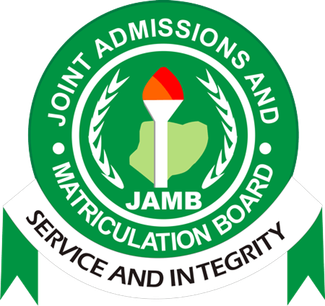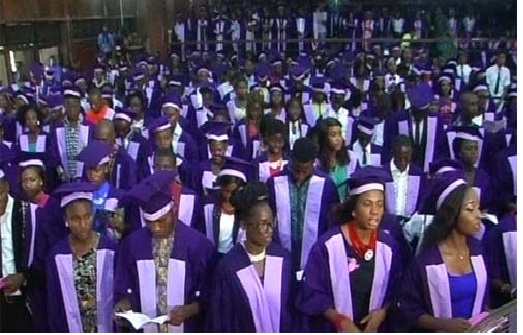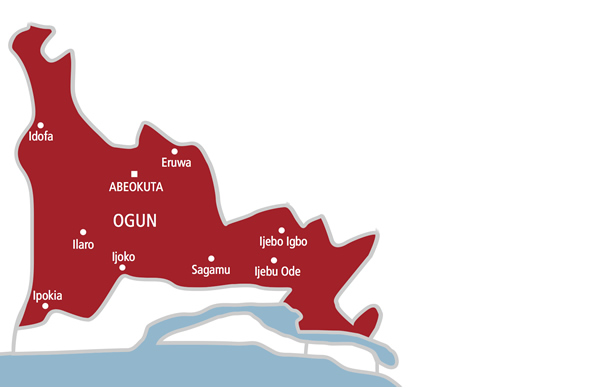Alleged Examination Malpractice: Court to Decide on Admissibility of Exam Slips as Evidence Against JAMB Candidates


The Katsina Division of the Federal High Court is scheduled to deliver a ruling on 30th September concerning whether the Unified Tertiary Matriculation Examination (UTME) slip can be admitted as evidence in a case involving alleged examination malpractice filed against two individuals in the state.
The police brought charges against Bolanwu Emmanuel and Ibrahim Abdulaziz, accusing them of involvement in examination malpractice during the recent 2025 UTME organised by JAMB.
At the court sitting held on Friday, Abdussalam Danmaidaki, who is the prosecution counsel and also the officer in charge of legal matters at the Katsina Police Command, presented Nuhu Hussaini to testify before the court.
Mr Hussaini testified that on 30th April, Mr Emmanuel was verified and granted entry into an examination hall located at Ze Alpha International School in Funtua, Katsina State.
He narrated that while the exam was ongoing, a supervisor raised concerns that the two defendants were suspected of engaging in examination malpractice.
“When checked for verification, I found the first defendant’s records, but the second defendant’s records couldn’t be found in the computer,” he said.
“We handed them over to the security personnel together with the examination slip of the first defendant, containing his picture, details, and the JAMB logo,” he added.
However, the defence counsel, MT Steven, objected to the document being submitted as evidence. He cited Section 84, subsections 2, 3, and 4 of the Evidence Act, 2023 (as amended), in support of his objection.
He therefore urged the court not to admit the document as evidence and requested that it be marked as rejected.
The prosecution counsel, Mr Danmaidaki, in response, referred to the same section of the law to defend his position.
He explained further that the witness generated the document based on verbal information received from the defendant, entered it into a functioning computer, and retrieved the required details.
According to Mr Danmaidaki, that action alone fulfils the legal conditions stipulated by the Evidence Act.
He insisted that the examination slip belonging to the first defendant is highly relevant to the case and urged the court to admit it into evidence.
Following the arguments from both legal representatives, Justice Hussaini Dadan-Garba adjourned the matter to 30th September to deliver a ruling on the admissibility of the document and to proceed with the case’s substantive hearing.










